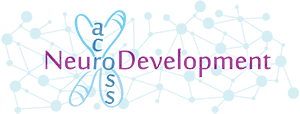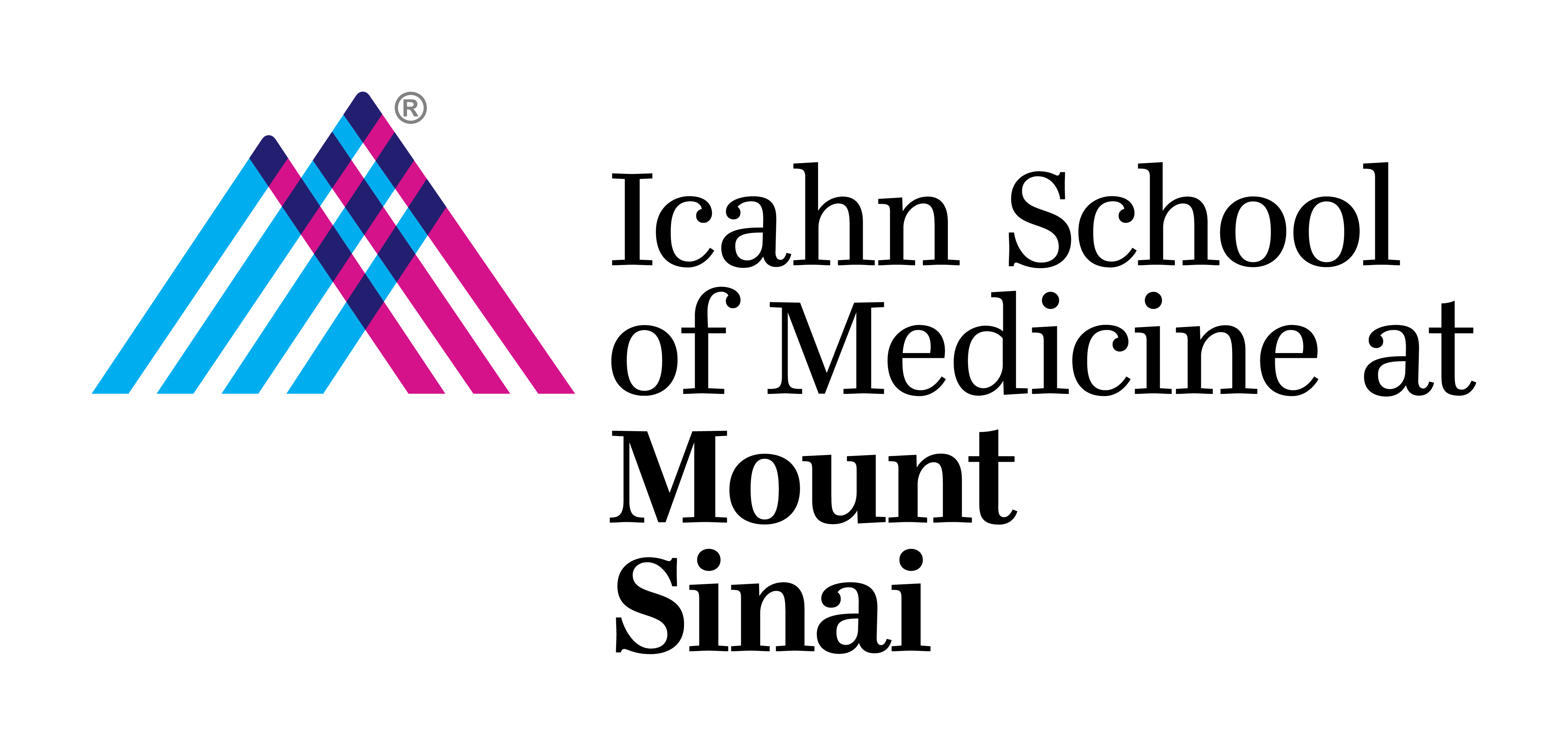For Patients & Families
The Neurodevelopmental Disorders Research Program
Even though individually rare, developmental disorders are common as a group: about 1 in 6 children in the U.S. were reported as having a developmental disability in the screening period of 2006-2008 (please visit the website of the Centers for Disease Control and Prevention).
The Neurodevelopmental Disorders (NDDs) we study include autism spectrum disorders (ASD), epilepsy, and intellectual disability (ID).
We are dedicated to understanding the relationship between a person’s genes and neurodevelopmental conditions in order to help patients and families.
Understanding the causes of these conditions may in the future improve the ability to diagnose and treat children with neurodevelopmental disorders.

Autism Spectrum Disorders (ASD) – About 1 in 59 children have ASD, according to estimates from CDC’s Autism and Developmental Disabilities Monitoring (ADDM) Network. Autism Spectrum Disorders impact a child’s development in a number of ways: limited or unusual language and speech development, limited or impaired social skills, and the presence of ritualistic or repetitive behaviors that often limit typical social development.
Epilepsy – About 20 to 35 % of children with autism have seizures or develop epilepsy by the time they reach adulthood. In turn, individuals with new-onset epilepsy can experience developmental and cognitive delays. In general while there are many different types of seizures, there are also many different types of epilepsy. Additionally, one epilepsy syndrome can have different seizure types.
Intellectual Disability (ID) – Intellectual Disability is characterized by significant limitations both in intellectual functioning and in adaptive behavior, which covers many everyday social and practical skills, starting before 18 years old.
These conditions frequently overlap with one another, in addition to other NDDs and sometimes physical anomalies. There is very strong evidence that the same genetic variants can contribute to all three conditions, ASD, ID, and pediatric epilepsy. Patients with different clinical presentations within the NDDs spectrum can have mutations in the same gene, or in the same region that controls gene function. Although several genes have been identified for autism, and to a lesser extent for early-onset/pediatric epilepsies, the etiology remains unknown in most affected individuals.
We are interested in understanding how genetic changes can lead to the emergence and co-ocurrence of various NDDs, such as autism and epilepsy. With a better understanding of the biological basis of NDDs, scientists and doctors can hope to bring families and patients more personalized care and effective treatment in the future.
WHAT ARE WE STUDYING?

Neurodevelopmental disorders (NDDs), such as developmental delay, autism, epilepsy, and intellectual disability are frequent in children and can have a genetic basis.
We are interested in learning how genetic changes can affect brain development, and, subsequently, lead to disease. This study will examine similarities and differences in the genes of people with NDDs and their family members.
NDDs can co-occur in the same family or the same person, suggesting that they may be caused by similar or related genetic changes. By mapping both shared and distinct changes we will better understand the biological basis of each disorder.
WHAT IS INVOLVED?
Subjects and both parents will donate a blood sample, in the same way blood is drawn at a doctor’s office. All samples will be given an anonymous code number, and used only for research purposes. No names or personal information will be linked to the samples.
WHY IS THIS IMPORTANT?
In a large percentage of NDDs patients, the genetic changes have not yet been identified. This study will use your samples for research purposes only, meaning that what we learn from the analysis of an individual’s sample has no direct benefit for the individual. However, by gathering information from many individuals, we hope to learn more about how changes affecting genes can lead to NDDs.
The participation of many individuals with NDDs and their family members is the necessary foundation for making these discoveries.
WHO CAN PARTICIPATE?
Children and young adults with a diagnosis of autism spectrum disorders and/or epilepsy and/or intellectual disability with unknown cause.
Parents and family members of individuals with NDDs are also eligible to participate, even if they have not been diagnosed with NDD. Research is usually more informative when both biological parents are enrolled in their child’s study.

IF I PARTICIPATE, WHAT WILL I DO?
If you agree to participate, a questionnaire will be completed, you will participate in an interview, and donate a blood sample.
Who should I contact?
If you are interested in participating, please contact us at ndd.project@mssm.edu, or by phone at 212-824-9065 (Monday through Friday, 8:00 am to 5:00 pm). You can also find our details in one of our flyers:
* Autism and Epilepsy Study * Rett syndrome or Rett like (MECP2 negative) * Neurodevelopmental Disorder Study
Who is the research team?
The Pinto laboratory is a research team led by Dr. Dalila Pinto, working in collaboration with multiple clinical teams at the Mount Sinai Health System (MSHS). [GCO# 12-1490, GCO# 15-1766, IRB approved through 11/20/19].
We are located at the:
Icahn School of Medicine at Mount Sinai
Department of Psychiatry
Hess Center for Science and Medicine
1470 Madison Avenue, 8th floor
10029 New York City
ndd.project@mssm.edu
phone: 212-824-9065
Mail: PO box #1230, One Gustave L Levy Place, New York, NY 10029
Facebook Page: https://www.facebook.com/NDDProgram/
LIST OF COLLABORATING CLINICAL CENTERS AT THE MOUNT SINAI HEALTH SYSTEM
The Pinto Lab works in collaboration with the clinical departments of the Seaver Autism Center, the Mindich Child Health and Development Institute, the Level-Four Comprehensive Epilepsy Centers located at Mount Sinai, Mount Sinai-Beth Israel, Mount Sinai-Roosevelt and St. Luke’s, and the division of Medical Genetics in order to adequately measure your child’s mental health through a range of gold-standard assessments.
Visit us on Facebook.
The Seaver Autism Center
Dr. Alexander Kolevzon, MD
Dr. Ting Wang, MD
Danielle B. Halpern, PsyD
Jordana Norry, BA
Division of Behavioral and Developmental Health
Dr. Eyal Shemesh, MD
Dr. Caroline Martinez, MD
Pediatric Epilepsy Center & Pediatric Neurology atThe Mount Sinai Hospital, Mount Sinai Kravis Children’s Hospital, Mount Sinai Union Square,
and Developmental Disability Center at Mount Sinai West
Dr. Steven M. Wolf, MD
Patty McGoldrick, NP, MPA
Dr. Maite La Vega, MD
Dr. Hillary Raynes, MD
The Division of Medical Genetics
Dr. Lakshmi Mehta, MD
Dr. Bryn Webb, MD
Lisa Karger, MS, Genetic Counselor

FREQUENTLY ASKED QUESTIONS
Q. I don’t have any of these conditions, but my child does. Why do you want my DNA and how could this be genetic?
A. Sometimes a random mutation will occur in either the father’s sperm or the mother’s egg, and consequently the child may carry a change to their genetic code that neither the father nor the mother experienced as part of their own development. It is crucial to have the DNA of biological parents as a point of reference when looking for genetic causes of these conditions. In other cases, the parents may have genetic differences that do indeed contribute to the condition observed in their child, but they might not show symptoms themselves because they also have other protective factors in their genomes. Part of our research interest is in better understanding why genetic risk factors manifest themselves clinically in some people but not in others.
Q. What is whole-exome/or whole-genome sequencing?
A. Whole genome sequencing is used to “read” your entire genetic code or “genome”. Your genome is made up of a chemical called deoxyribonucleic acid (DNA), which is stored in almost every cell in your body. Whole-exome sequencing focuses only on the parts of your genome that contain genes (or “exome”), which encode the information to make all proteins in your body. Sequencing “reads” each letter of your DNA (genome or exome) and finds changes (also called “variants” or “mutations”) in your genes that may cause disease or affect your risk for a disease.
Q. Is this a way for me to get my exome or genome sequenced for free? Will I get my results back?
A. If we find a genetic variant that has substantial evidence that suggests a role in the conditions mentioned above, we will contact your physician regarding your participation in follow-up studies. We will not return genetic results to your physician that do not have a strong connection to the conditions investigated in this study.
Q. Why are you taking a photograph of my face?
A. The development of the brain and the development of the skull and face are linked. Many developmental conditions have characteristic facial features. The facial photographs are examined by an expert to assess the presence of such features, which will then be related to the diagnosed condition and to the genetic variants we find.
For more information, contact our team at ndd.project@mssm.edu
